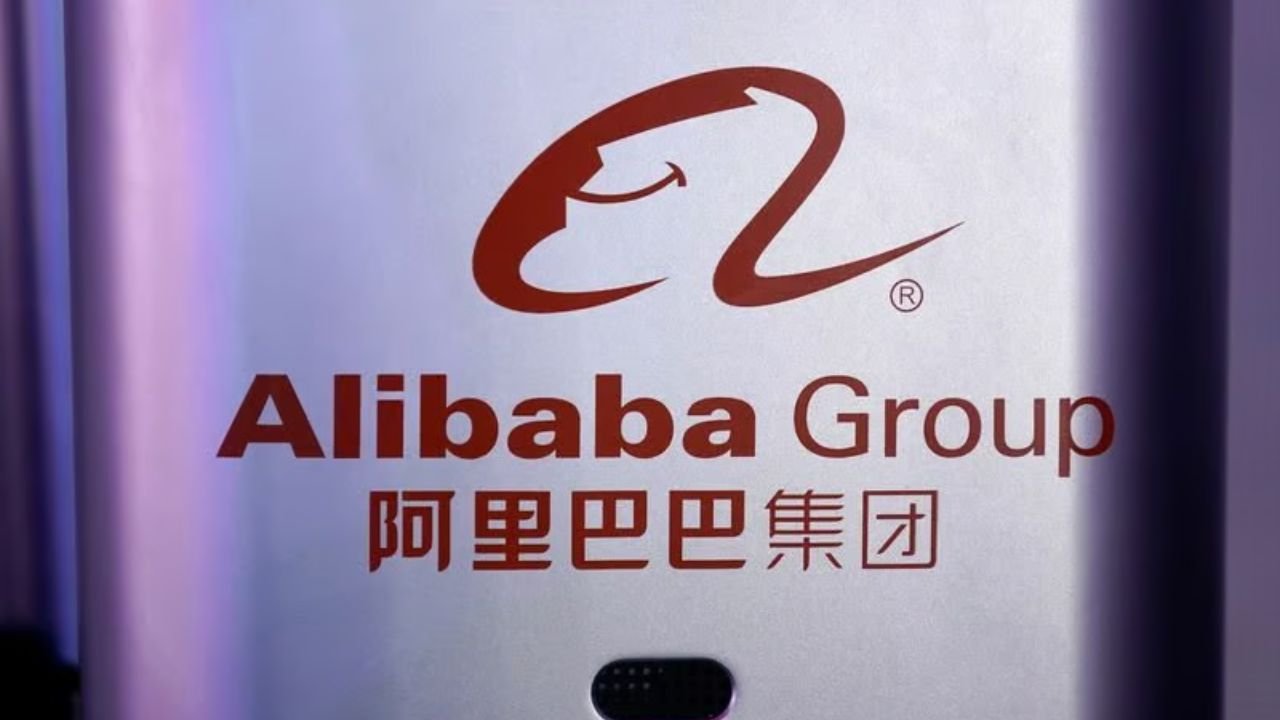Alibaba Group Holding Ltd. is making one of the most remarkable comebacks in China’s tech industry, regaining investor confidence and reclaiming its position as a dominant player in AI and e-commerce. After years of regulatory scrutiny and a post-COVID economic slump, Alibaba’s stock is soaring again, fueled by its aggressive push into artificial intelligence (AI).
Since hitting a 2025 low on January 13, Alibaba’s Hong Kong-listed shares have surged by 46%, adding nearly $87 billion to its market valuation. This explosive growth outpaced the Hang Seng Tech Index’s 25% gain and put Alibaba ahead of rivals like Tencent, Baidu, and JD.com.
At the core of this rally is Alibaba’s renewed focus on AI, especially after the rise of Chinese AI startup DeepSeek sparked a fresh wave of excitement in the Chinese tech industry. With AI-powered innovations, strategic cloud investments, and a strong leadership team, Alibaba is once again becoming China’s AI darling—and investors are taking notice.
How Alibaba Became China’s Best-Performing Tech Stock in 2025
Alibaba’s comeback has stunned many investors. For years, the company had been losing ground, weighed down by:
- Beijing’s regulatory crackdown on Big Tech.
- A struggling e-commerce sector in a sluggish Chinese economy.
- Tough competition from rivals like Pinduoduo and JD.com.
- A loss of cloud computing dominance to Tencent and Huawei.
But in early 2025, everything changed. Alibaba’s AI and cloud strategy began paying off, reigniting investor interest. Key factors behind this rally include:
1. The DeepSeek Effect: How a Startup Sparked an AI Boom
The rise of Chinese AI startup DeepSeek created a domino effect in the Chinese tech sector, leading investors to reevaluate AI stocks. DeepSeek’s advancements sent shockwaves through Wall Street, proving that China’s AI ecosystem was catching up to Western tech giants.
Alibaba seized the moment, reinforcing its AI-first strategy and proving it could compete with global AI leaders like Meta, OpenAI, and Google.
2. Apple’s Surprise Partnership with Alibaba
Alibaba’s stock received another boost after reports surfaced that Apple is working with Alibaba to launch AI features for iPhones in China. This unexpected partnership sent investor confidence soaring, signaling that Alibaba’s AI capabilities are strong enough to power Apple’s AI expansion in China.
3. Strong Leadership Driving AI Innovation
Alibaba’s 2025 resurgence is largely credited to its leadership overhaul. Founders Joe Tsai (Chairman) and Eddie Wu (CEO) returned in 2023, bringing a laser focus on AI, cloud computing, and e-commerce consolidation.
Under their leadership, Alibaba:
- Streamlined its core commerce business, making it more efficient.
- Invested heavily in China’s most promising AI startups, including Moonshot and Zhipu.
- Expanded its cloud services to support AI models, winning back customers from Tencent and Baidu.
By prioritizing AI infrastructure and cloud expansion, Tsai and Wu positioned Alibaba as a top AI player in China.
Alibaba’s AI Strategy: Betting Big on Large Language Models
Alibaba isn’t just investing in AI—it’s leading China’s AI revolution. The company’s AI breakthroughs include:
1. Qwen 2.5 Max: Beating Meta and DeepSeek in AI Benchmarks
In January 2025, Alibaba announced that its Qwen 2.5 Max AI model outperformed Meta’s Llama and DeepSeek’s V3 model in multiple AI benchmark tests. This put Alibaba on par with global AI giants, cementing its status as a leader in large language models (LLMs).
2. Expanding AI-Powered Cloud Services
Alibaba aggressively cut prices to win back cloud computing customers, an area where it had lost market share to Tencent and Huawei. The company’s cloud business underpins its AI expansion, providing the computing power necessary for advanced AI models.
Alibaba’s cloud unit remains China’s largest, and its AI-driven growth strategy is making it a direct competitor to Amazon Web Services (AWS) and Microsoft Azure.
3. AI Investments in Startups and Infrastructure
To stay ahead, Alibaba has:
- Invested in China’s top AI startups, including Moonshot and Zhipu.
- Developed AI tools for e-commerce, finance, and enterprise solutions.
- Integrated AI-powered recommendation engines across its shopping platforms.
These moves ensure that Alibaba remains at the forefront of China’s AI transformation.
The Challenges Ahead: Can Alibaba Maintain Its AI Momentum?
While Alibaba’s AI-driven rally is impressive, there are challenges ahead:
1. Monetizing AI: Can Alibaba Turn Hype Into Revenue?
One of Alibaba’s biggest hurdles is turning AI breakthroughs into sustainable revenue.
JPMorgan analysts warn that while AI boosts Alibaba’s valuation, there’s still uncertainty over how well AI services will monetize. Unlike Microsoft (which profits from AI-powered cloud services like Azure OpenAI), Alibaba must convince businesses and consumers to pay for AI-powered tools.
2. Competing With Global AI and Cloud Giants
Alibaba faces fierce competition from:
- Microsoft and Amazon, which are leading the global cloud AI race.
- Baidu and Tencent, Alibaba’s biggest rivals in China’s AI and cloud market.
- AI-first startups like DeepSeek, which are pushing innovation at a rapid pace.
While Alibaba has reclaimed investor interest, it must continue innovating to maintain its AI edge.
3. China’s Domestic AI Adoption Challenges
A major obstacle for Chinese AI companies is the slower adoption of AI services in China. Businesses and consumers have been hesitant to pay for AI-powered tools, which could limit Alibaba’s revenue potential.
What’s Next for Alibaba? Key AI Milestones to Watch
Investors will be watching several key developments to gauge Alibaba’s AI trajectory:
🔹 February 15, 2025 – Alibaba’s Earnings Report: Investors will analyze whether Alibaba’s AI and cloud business translate into revenue growth.
🔹 Apple’s March 25 AI Event in China: Will Alibaba’s AI technology power Apple’s China-specific AI features?
🔹 Further AI Cloud Expansion: Alibaba’s ability to grow its AI-driven cloud services will be critical in maintaining momentum.
🔹 Potential AI Regulations: The Chinese government may introduce stricter AI regulations, affecting Alibaba’s long-term strategy.
Conclusion: Alibaba’s AI Resurgence Is Just Beginning
Alibaba’s AI transformation is one of the biggest comebacks in China’s tech industry. After years of regulatory struggles, the company is now at the center of China’s AI revolution, leveraging AI breakthroughs and cloud innovation to fuel its comeback.
With an $87 billion market surge, Alibaba is once again China’s top AI stock, outperforming Tencent, Baidu, and JD.com. But the real test lies ahead—can Alibaba monetize AI, expand cloud dominance, and outpace rivals?
As China’s AI industry accelerates, one thing is clear: Alibaba is no longer just an e-commerce giant—it’s China’s new AI powerhouse.

